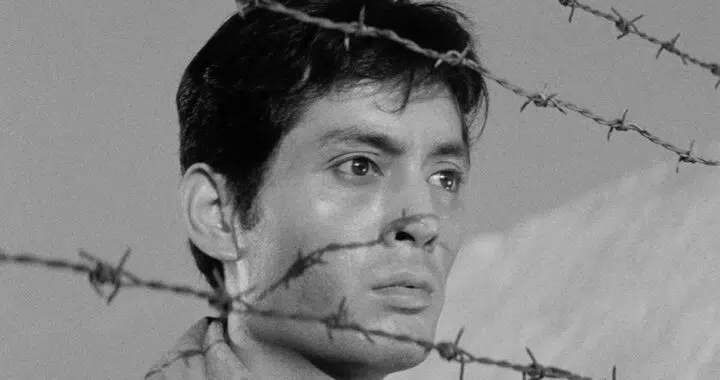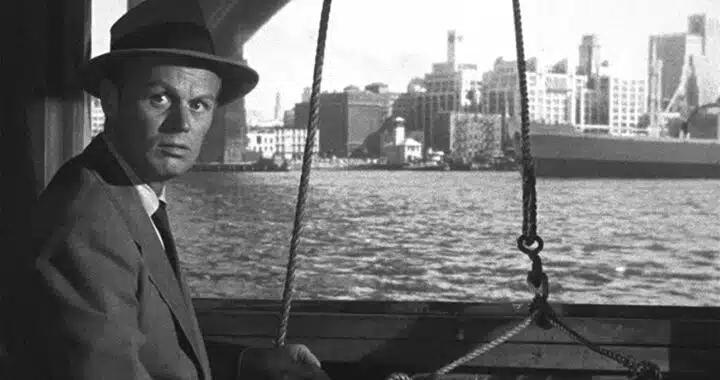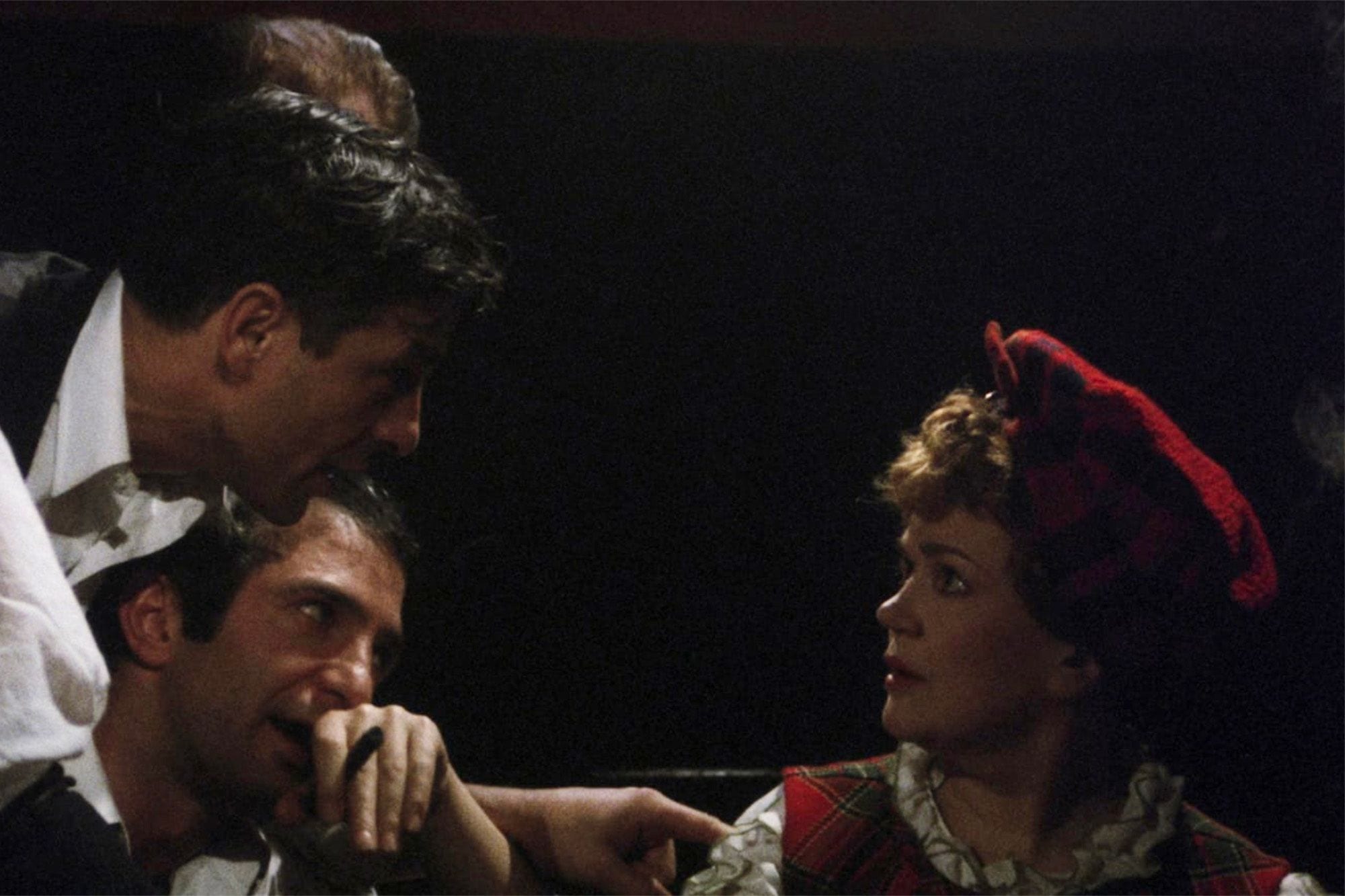
The Humanist Dilemma in Kobayashi’s ‘The Human Condition’
Kobayashi’s The Human Condition demonstrates the impossibility of realizing the ideals of humanism.

Kobayashi’s The Human Condition demonstrates the impossibility of realizing the ideals of humanism.

Director Samuel Fuller scoffs at the clear-cut distinction between right and wrong in Pickup on South Street.

For a Geto Boys biography so concerned with Bushwick Bill’s status as a short person, Hughes’ book sure skirts the issue of embodiment.

The problem Bong Joon-ho presents in Parasite is geometrical. Is this the only shape of society we can imagine as workable, as livable? Is this livable?

Francesco Rosi's tale of peasant life in a remote part of fascist Italy challenges the notion of the State and the individual's role in and duty to its preservation.

George Marshall's western spoof, Destry Rides Again, has a serious central premise; can society function without the threat of violence?

Producer Mark Hellinger may have committed the biggest crime in the filming of Jules Dassin's classic film-noir, 'The Naked City'.

Discovery of what lies beyond the surface—or better, the profound meaning invested in surfaces—is the central motif of Renoir's Toni.

Preston Sturges' The Lady Eve demonstrates that somewhere within the convolution of deception (self-deception included) lies a truth that persists all the same.

Critic Roger Ebert was frustrated with Abbas Kiarostami's Taste of Cherry because the film subverts our desire to understand another -- the very core of cinema's intent.

The pugnacious characters in Cassavetes' Husbands couch their inauthenticity in bullying. For them, anger is more authentic than placidity, rage more authentic than sadness, cruelty more authentic than kindness.